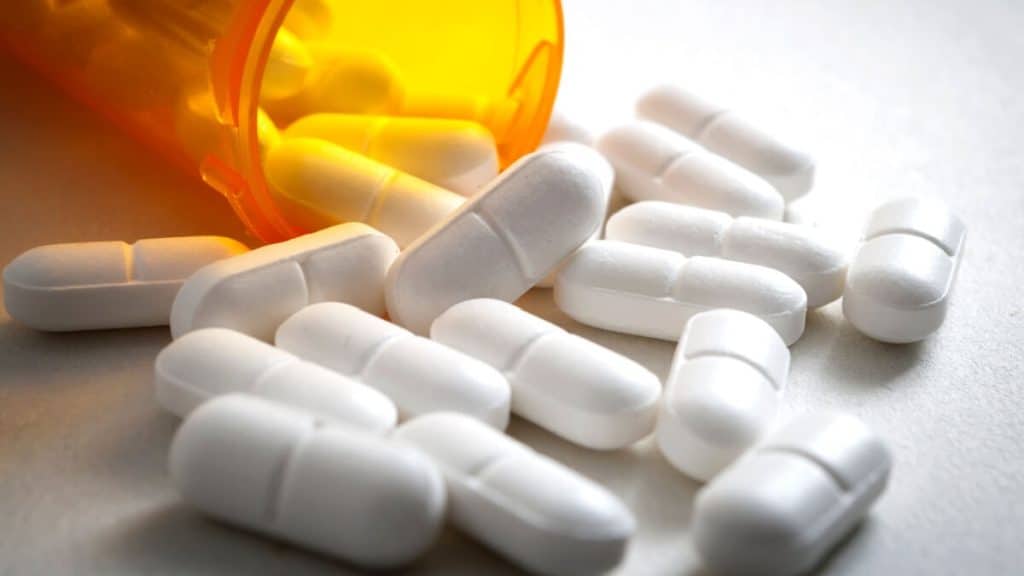Concussions are becoming more mainstream, and we learn more about how to manage them effectively each day. Rehab strategies are becoming more integrated, imaging modalities are more accessible, and research regarding holistic management is gaining traction. Nutritional strategies are among the most simple and effective ways to manage concussion symptoms. This article outlines the top 10 most effective supplements for managing concussion symptoms.
1. Omega-3 Fatty Acids
Omega-3 fatty acids are crucial for overall brain health. Docosahexaenoic acid (DHA), a type of omega-3 fatty acid, is essential for brain function as it helps develop and maintain brain cells. Additionally, omega-3 fatty acids are known for their anti-inflammatory properties, which can be beneficial in reducing inflammation in the brain. One of the most common sources of omega-3 fatty acids is fish oil, which contains high levels of DHA and EPA (eicosapentaenoic acid). Many people find that supplementing with fish oil helps support brain function and improve cognitive health. It’s essential to ensure a balanced intake of omega-3 fatty acids to support the body and brain in functioning optimally.
2. Creatine
Research suggests that creatine supplementation may support brain function by increasing energy availability to brain cells. This could be particularly beneficial following a brain injury such as a concussion, as the brain requires significant energy to undergo the repair and recovery process. By enhancing energy levels in the brain, creatine supplementation has the potential to aid in the brain’s natural healing mechanisms and promote neurological recovery.
3. Curcumin
Curcumin is a bioactive compound found in turmeric. It has attracted significant interest due to its remarkable anti-inflammatory properties. Studies have suggested that curcumin reduces oxidative stress and inflammation in the brain, which are prevalent following concussions and other traumatic brain injuries. These findings are promising, as they indicate that curcumin may support brain health and recovery from such injuries. Due to its anti-inflammatory effects, it presents a compelling area for further exploration and potential therapeutic applications in neuroprotection and brain injury recovery.
4. Vitamin D
Many researchers have found that numerous individuals have insufficient vitamin D levels, which is concerning due to its crucial role in overall health. Insufficiency in vitamin D is linked to poor cognitive function and slower recovery from illnesses or injuries. Supplementing with vitamin D can support mood regulation, promote anti-inflammatory responses, and improve overall brain health. Maintaining adequate vitamin D levels enhances immune function, bone health, and cardiovascular health. Therefore, adequate vitamin D is essential to support overall well-being.
5. Magnesium
Magnesium plays a crucial role in supporting nerve transmission and protecting nerve function. Additionally, it helps regulate the function of neurotransmitters, which are essential for sending signals to the nervous system. This regulatory function can calm the neurological system and support brain recovery processes. During concussion recovery, make sure to include magnesium glycinate and/or theonate. These forms more readily cross the blood-brain barrier and are more effective in post-concussion recovery.
6. Zinc
Zinc plays a crucial role in the nervous system’s functioning. It is involved in nerve signaling and can aid in nerve recovery. Additionally, zinc is essential for DNA synthesis. It supports the body’s ability to reduce oxidative stress, which benefits overall health and well-being.
7. Vitamin C
Vitamin C, a powerful antioxidant, protects brain tissue from oxidative stress by fighting against free radicals. Its antioxidant qualities help tissues and contribute to reducing cognitive decline. Additionally, Vitamin C is essential for producing neurotransmitters, which are vital for proper brain function. Including Vitamin C-rich foods or supplements can help support brain health and overall cognitive function.
8. B Vitamins
In addition to supporting brain health, B vitamins are essential for various bodily functions. They metabolize carbohydrates, fats, and proteins, contributing to energy production.
Vitamin B6, known as pyridoxine, is essential for proper brain development and function. It aids in producing neurotransmitters, such as serotonin and norepinephrine, which regulate mood and help cope with stress.
Vitamin B9, or folate, is crucial for fetal development and helps produce DNA and RNA. It also supports the formation of red blood cells and aids in preventing changes to DNA that may lead to cancer.
Vitamin B12, or cobalamin, affects nerve function and general nerve health. It also supports red blood cell formation.
Adequate B vitamin intake through a balanced diet that includes poultry, fish, meat, eggs, dairy products, leafy green vegetables, and whole grains is essential for optimal brain and overall health.
9: NAC
N-acetyl cysteine (NAC) has been recognized for its potential role in concussion recovery. NAC is the precursor to another antioxidant called glutathione. In the context of concussion recovery, NAC’s ability to clear free radicals is crucial to reducing inflammation and minimizing the damage caused by free radicals in the brain. Additionally, NAC has shown potential in promoting the restoration of normal glutamate levels, which may aid in post-concussion healing. While research on NAC and concussion recovery is ongoing, its potential neuroprotective and antioxidant properties make it a subject of interest in the field of brain injury rehabilitation.
10. Probiotics/Prebiotics
The connection between stomach and brain health is genuinely fascinating. The gut-brain axis links the gut and the brain. Probiotics have been shown to support digestive health, reduce inflammation, and potentially positively affect mental clarity and mood stabilization. This connection highlights the critical role that gut health plays in overall well-being and emphasizes the importance of a healthy gut for both physical and mental wellness.
Conclusion
Nutrition is vital for concussions in all stages of recovery. Adopting a holistic nutritional strategy early in recovery is one of the best ways to ensure a fast and complete recovery. A diet that prioritizes blood sugar regulation and includes primarily whole foods will help this process. Lastly and most importantly, choose a diet that you can stay on over a long period of time. Consistency, more so than perfection, is the factor that will maximize the likelihood of a full recovery.
